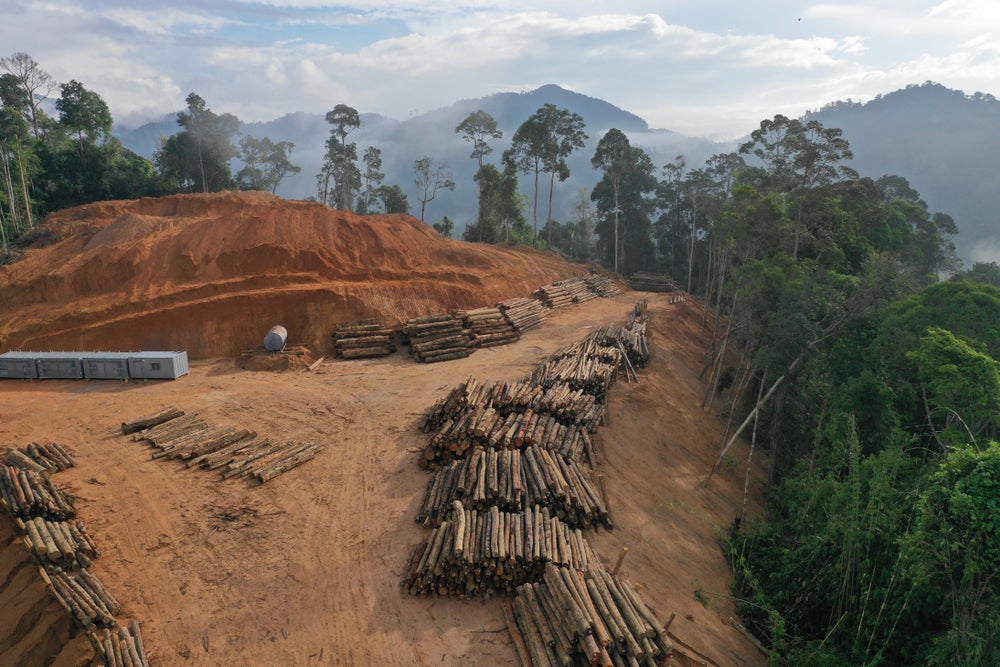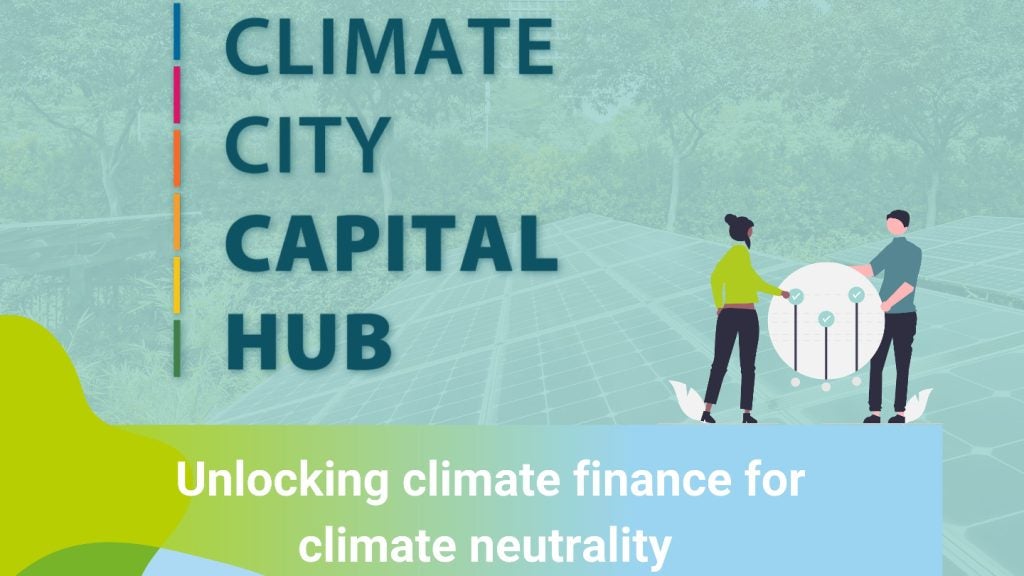
A new “land rush” is being caused by the war in Ukraine and its large environmental impacts on local communities and food supplies, according to recent analysis in the prestigious journal Science, led by researchers at Berkeley, Politecnico di Milano and Vrije Universiteit Amsterdam.
A number of drivers and precursors have preceded ‘land races’ in the 21st century, such as the food supply crisis in periods of increased demand for agricultural products, the demand for renewable energy or the need for diversification of financial investments. In short, new waves of transnational land investment and land grabbing often succeed global food supply crises and spikes in food and energy prices.
“In the aftermath of the 2008 global financial and food crisis, there was a notable increase in land investments with large-scale land acquisitions [LSLAs],” explained Maria Cristina Rulli, professor of hydrology at the Politecnico di Milano and co-author of the paper. In the past 15 years, LSLAs have been at the centre of a heated debate between those who saw them as an opportunity for rural development and those who instead highlighted their negative social and environmental consequences such as loss of livelihoods for local communities and environmental damage.
The war in Ukraine may stimulate a new global land race that could affect the world’s agricultural system.
“Previous studies on this topic have shown that large-scale land acquisitions often target forest land that is subsequently developed through logging, leading to habitat destruction, increased greenhouse gas emissions and loss of access to ancestral land by local people who historically relied on these forests for firewood, food or shelter,” added Rulli.
More specifically, the paper argues that the shortage of food supplies from the Black Sea region will have a major impact on rural development. “Based on the trends seen since the recent food crises, we expect a new wave of LSLAs resulting in the dispossession of rural communities. These changes will occur through complex and interdependent interactions that will have cascading and long-lasting effects on multiple dimensions of rural development,” said Jampel Dell’Angelo of Vrije Universiteit Amsterdam.
How well do you really know your competitors?
Access the most comprehensive Company Profiles on the market, powered by GlobalData. Save hours of research. Gain competitive edge.

Thank you!
Your download email will arrive shortly
Not ready to buy yet? Download a free sample
We are confident about the unique quality of our Company Profiles. However, we want you to make the most beneficial decision for your business, so we offer a free sample that you can download by submitting the below form
By GlobalDataDrawing attention to other negative impacts on the global agricultural system, Paolo D’Odorico of Berkeley explained that these could include an expansion of agricultural production towards uncultivated land, which could occur at the expense of soil conservation programmes and/or nature reserves. Meanwhile, agricultural intensification on land acquired by agri-food investors (as in the post-2008 era) could exacerbate conditions of water scarcity and land degradation.
The academics end the piece by reflecting on the policy implications of agrarian transition associated with new waves of land acquisitions. The policy frameworks currently in place have historically been ineffective in preventing previous land rushes and their detrimental impact on livelihoods and the environment.





